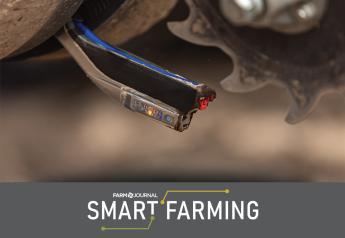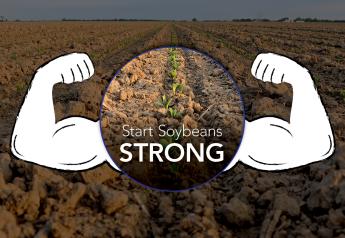General Mills to double its organic acreage sourcing

General Mills plans to more than double the organic acreage from which it sources ingredients. The company now expects to meet its goal of 250,000 acres by 2019.
The increased acreage is directly linked to the company's goals to grow net sales from its natural and organic products. In February at the Consumer Analysts Group of New York conference, Jeff Harmening, General Mills executive vice president and chief operating officer for U.S. Retail, said the company expects to reach $1 billion in net sales from natural and organic products by 2019, a full year ahead of its previous target.
Since 2009, General Mills has increased the organic acreage it supports by 120 percent and is now among the top five organic ingredient purchasers - and the second largest buyer of organic fruits and vegetables - in the North American packaged food sector.
"To achieve the growth we anticipate for our natural and organic brands, we will need a more robust pipeline of organic growers," said John Church, executive vice president, General Mills Supply Chain. "We're building strategic relationships directly with farmers for our products and are dedicated to working with growers to optimize production and quality, adopt standard practices and accelerate supply."
General Mills has made sizeable investments to meet growing consumer interest in natural and organic foods, which is expected to drive double-digit industry sales growth over the next five years.
Since 2000, General Mills has acquired a portfolio of natural and organic brands that totaled $675 million dollars in pro forma net sales in Fiscal Year 2015, ranking General Mills the third largest natural and organic food maker in the U.S. The portfolio includes Cascadian Farm, Muir Glen, LÄRABAR, Liberté, Mountain High, Food Should Taste Good, Immaculate Baking, and Annie's. In January, the company acquired meat snacks maker EPIC Provisions.
General Mills has already taken significant steps to help secure a pipeline of organic ingredients. In the U.S., General Mills supports the Organic Farming Research Foundation's efforts to encourage widespread adoption of organic farming practices through research, advocacy and education. In Canada, the company has made a $50,000 investment to support the Prairie Organic Grain Initiative (POGI), whose mission is to increase both quantity and quality of organic field crops grown in Canada. POGI is addressing the shortage of organic grain growers by helping conventional growers make the transition to organic farming.
General Mills also participates alongside other organic companies in the Organic Trade Association's Grain, Pulse and Oilseed Council, an industry forum working in a pre-competitive effort to increase the supply of organic grain, oilseeds and pulses.
The commitment to doubling organic acreage will also advance the company's pledge to address climate change. In 2015, General Mills announced a new goal to reduce absolute greenhouse gas emissions across its entire value chain over the next 10 years, with a long-term aspiration to achieve by 2050 sustainable emission levels in line with scientific consensus. Partnering with suppliers to accelerate adoption of more sustainable agriculture practices and continuing to grow organic product offerings will help further this commitment.







